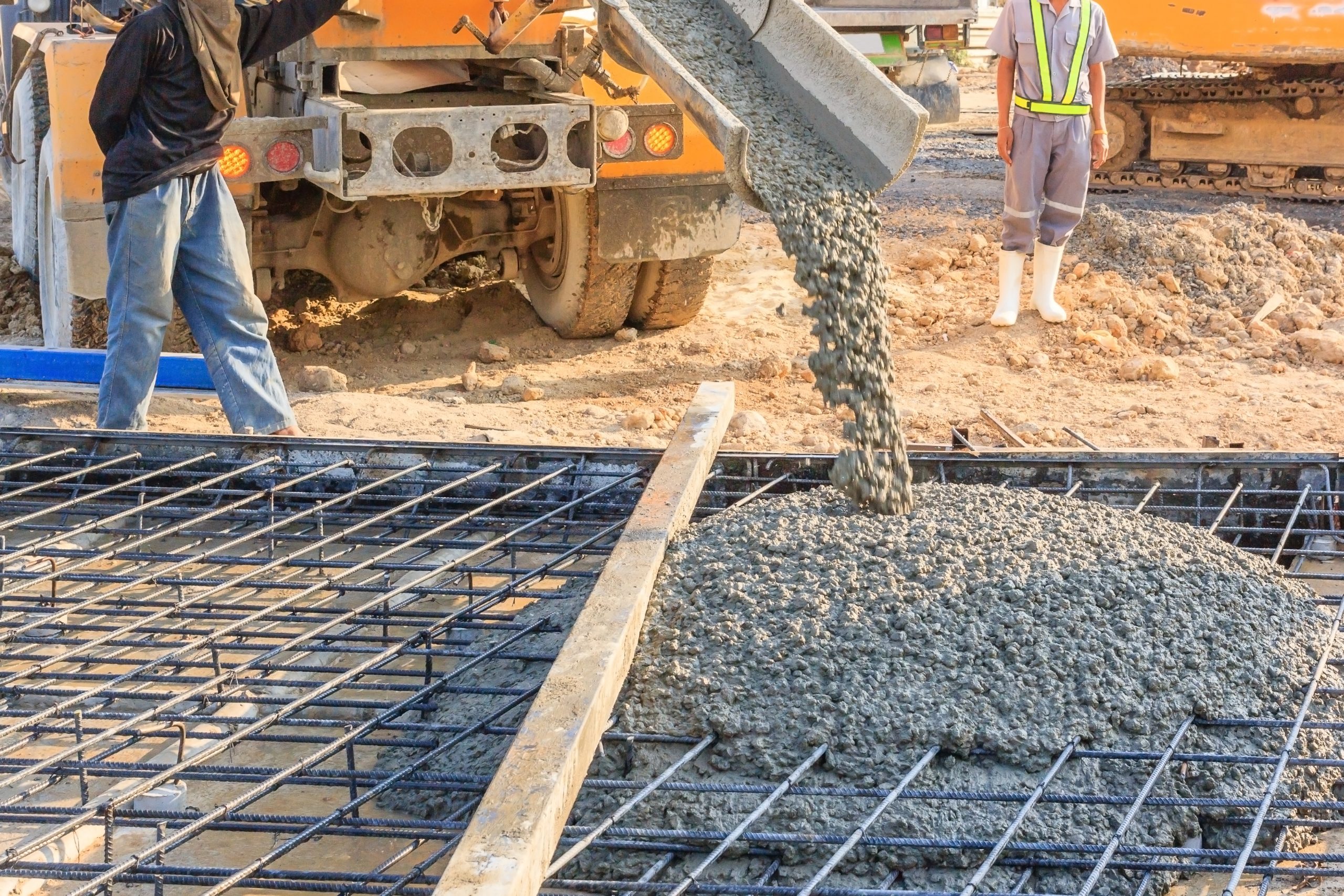Revealing the Eco-Friendly Advantages of Utilizing Recycled Concrete in Sustainable Building Practices
In the realm of sustainable building and construction practices, the use of recycled concrete stands as a pivotal yet commonly undervalued resource. Past its standard applications, recycled concrete deals a myriad of environmentally friendly advantages that extend much beyond the boundaries of conventional construction products. From lowering environmental effect to improving cost-efficiency, the implications of including recycled concrete in sustainable structure practices are significant. This versatile product not just addresses pressing environmental concerns however also offers a sensible option to the obstacles dealt with by the building and construction industry at big.
Ecological Advantages
Undoubtedly, one of the most considerable advantages of using recycled concrete is its positive effect on the environment. By incorporating recycled concrete right into building methods, there is a considerable reduction in the requirement for brand-new resources, bring about preservation of natural deposits. This procedure aids in maintaining accumulations, water, and power that would certainly have been utilized in generating new concrete. In addition, using recycled concrete lessens the quantity of waste being sent out to landfills, consequently lowering environmental air pollution and relieving the stress on land fill capabilities.

In contrast, recycled concrete has a reduced carbon impact as it reduces the need for new concrete manufacturing. Overall, the ecological benefits of making use of recycled concrete are significant and play an important function in promoting environment-friendly construction techniques.
Cost-Efficiency
When evaluating the utilization of recycled concrete in building jobs,Attaining cost-efficiency is an extremely important consideration. Among the key benefits of making use of recycled concrete is its cost-effectiveness contrasted to conventional concrete. The production of recycled concrete includes less power and resources as it makes use of existing products, lowering the total job costs considerably. Furthermore, the schedule of recycled concrete locally can even more reduce transportation expenses, making it a more economical option for building tasks.
Moreover, making use of recycled concrete can bring about financial savings in land fill expenses by diverting concrete waste from disposal sites. This not only decreases the ecological impact however also eliminates the expenses connected with waste elimination. Moreover, the sturdiness and performance of recycled concrete approach conventional concrete, guaranteeing that price financial savings do not jeopardize the top quality of the building and construction.
Toughness and Stamina
Recycled concrete offers equivalent, if not superior, sturdiness and stamina properties to traditional concrete - Concrete. Through advancements in handling methods and high quality control, recycled concrete can satisfy or exceed the efficiency criteria of traditional concrete.

Waste Reduction
Efficient waste decrease techniques visit here play a crucial duty in the sustainable usage of resources within the building and construction industry. When it pertains to using recycled concrete, waste reduction is a crucial benefit that contributes significantly to environmental preservation. Conventional building and construction approaches frequently generate substantial amounts of waste, especially in the form of concrete debris from demolition websites. By including recycled concrete into building tasks, this waste is repurposed and drawn away from garbage dumps, reducing the total ecological impact of construction tasks.
Additionally, the use of recycled concrete can lead to cost financial savings for construction jobs, as it is often more cost effective than sourcing and transferring brand-new materials - Concrete. In verdict, waste decrease with the utilization of recycled concrete is an important part of sustainable construction techniques that benefits both the building and construction and the setting market as a useful reference whole.
Energy Conservation
When it comes to using recycled concrete in building, considerable power financial savings are achieved contrasted to typical concrete manufacturing. The process of producing recycled concrete entails recycling and crushing existing concrete products, which consumes much less power than mining, processing, and carrying raw materials for brand-new concrete production.
Conclusion
Finally, the use of recycled concrete in lasting construction methods provides numerous ecological advantages, cost-efficiency, resilience, toughness, waste reduction, and power conservation. By including recycled concrete right into building and construction projects, we can add to an extra eco-friendly and lasting future. It is vital for the building and construction industry you can look here to focus on using recycled products to help in reducing the environmental impact of construction activities.
One of the crucial benefits of making use of recycled concrete is its cost-effectiveness compared to typical concrete.Furthermore, the use of recycled concrete can lead to savings in landfill expenses by diverting concrete waste from disposal websites. The sturdiness and performance of recycled concrete are equivalent to traditional concrete, making certain that price savings do not endanger the quality of the building.
